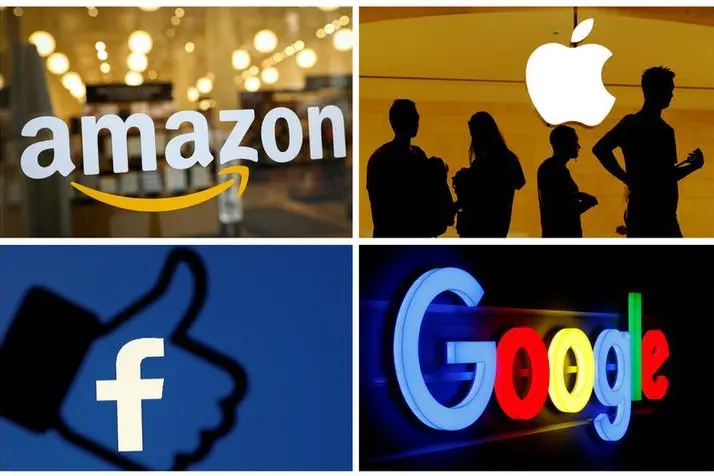PHOTO
SAN FRANCISCO/NEW YORK (Reuters Breakingviews) - Big Tech is a demanding patient for America’s antitrust surgeons. Alphabet’s Google, Amazon and their peers are getting more attention from regulators and deservedly so, but that leaves fewer resources to probe other areas where scrutiny is needed – like healthcare.
Federal watchdogs are under pressure from politicians like Massachusetts senator and presidential candidate Elizabeth Warren to get tougher on giant technology companies. The Federal Trade Commission and the Justice Department recently divvied up responsibility for Alphabet, Amazon, Facebook and Apple, companies with a combined market capitalization of $3.2 trillion, for potential antitrust reviews. Regulators are independent of Congress, but can’t avoid being guided by the political agenda.
Yet medical care is another sector that sparks antitrust concerns, especially as costs rise for those who use it, and it risks falling by the wayside. The United States spent $3.5 trillion on the industry in 2017, 4% more than the previous year and around 18% of GDP, according to the Centers for Medicare and Medicaid Services. In comparison, the information technology and retail sectors made up 11% of GDP in 2017.
Mergers among hospitals, which account for one-third of healthcare spending, are one reason why. From 2010 to 2015, about 1,260 hospitals were involved in more than 560 deals, according to the American Hospital Association. Recent trends have leaned toward bigger mergers: Consulting firm Kaufman Hall found the average size in revenue of sellers hit a record high of $409 million in 2018.
In concentrated markets, care is more expensive. A lower-limb MRI costs roughly one-quarter more than in areas with at least four hospitals, according to a recent report in the Quarterly Journal of Economics. Hospitals are also acquiring physician practices. More than 40% of doctors in California worked at practices owned by a hospital in 2016, where in 2010 it was around 25%, a study published in Health Affairs last September showed.
Only about 3% of hospital deals each year spurred regulatory challenges during that period, according to a 2019 Antitrust Law Journal article. Yet antitrust cases in healthcare can be easier to make than in tech because the harm to consumers is so much easier to see. Regulatory triage is inevitable, but Silicon Valley isn’t the only industry in need of attention.
CONTEXT NEWS
- U.S. Senator Mike Lee of Utah on June 17 took issue with regulators’ decision to carve up responsibility for large technology firms, arguing that only one federal agency should probe the likes of Facebook, Amazon, Apple and Alphabet-subsidiary Google.
- Writing in the Washington Examiner, Lee argued that having two federal agencies looking at the companies, despite similar competition issues, would make investigations “less effective and coherent than they should be.”
(Editing by John Foley and Amanda Gomez)
© Reuters News 2019





















